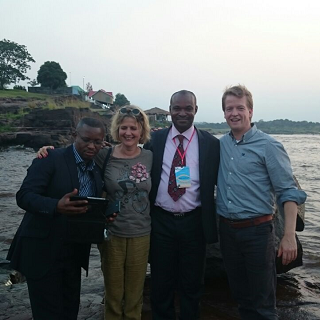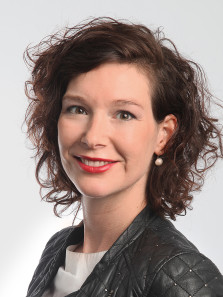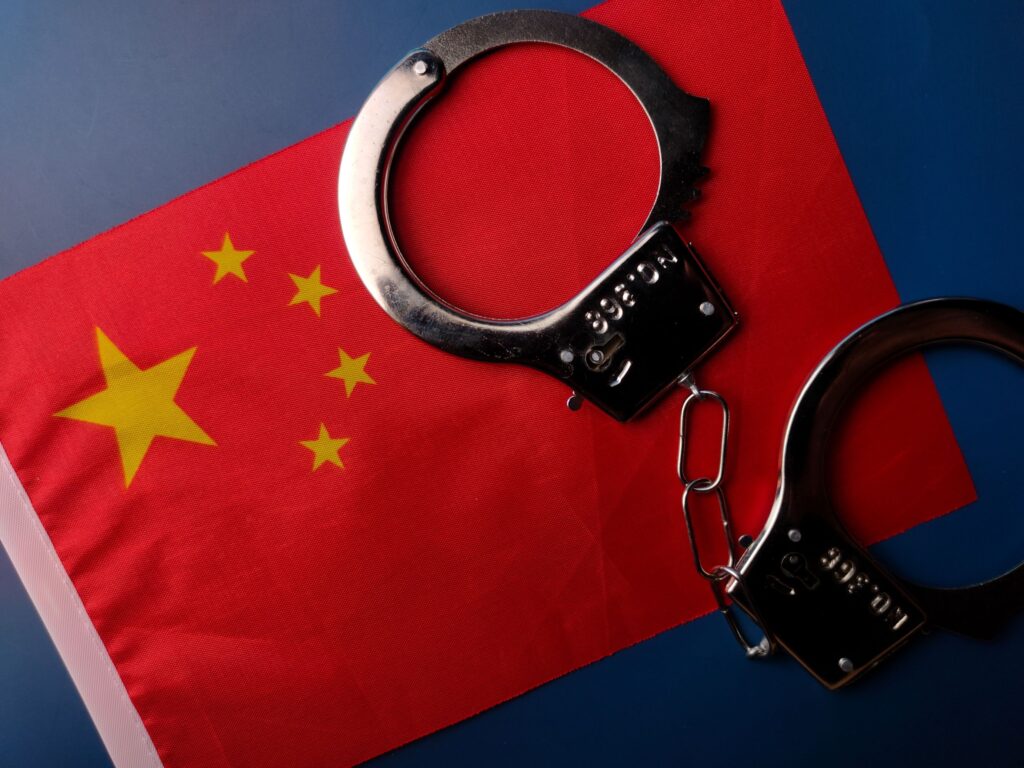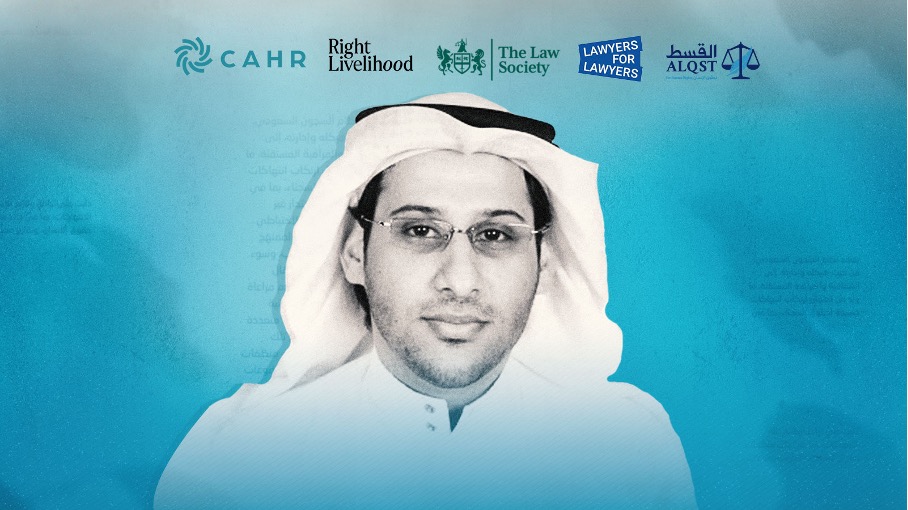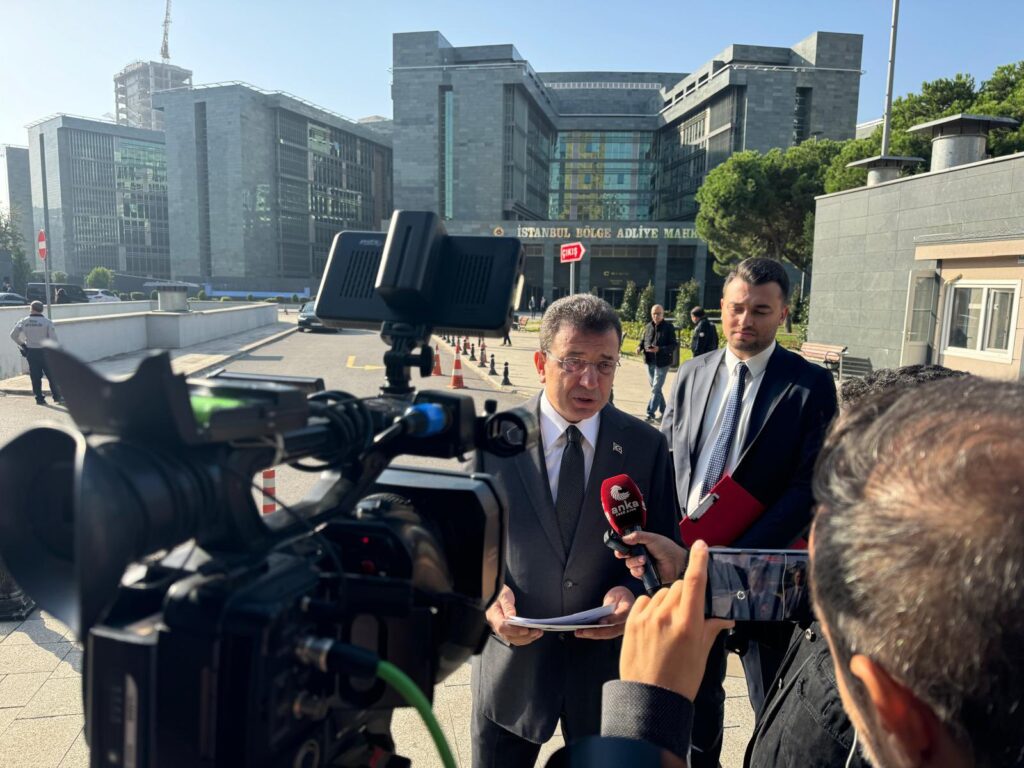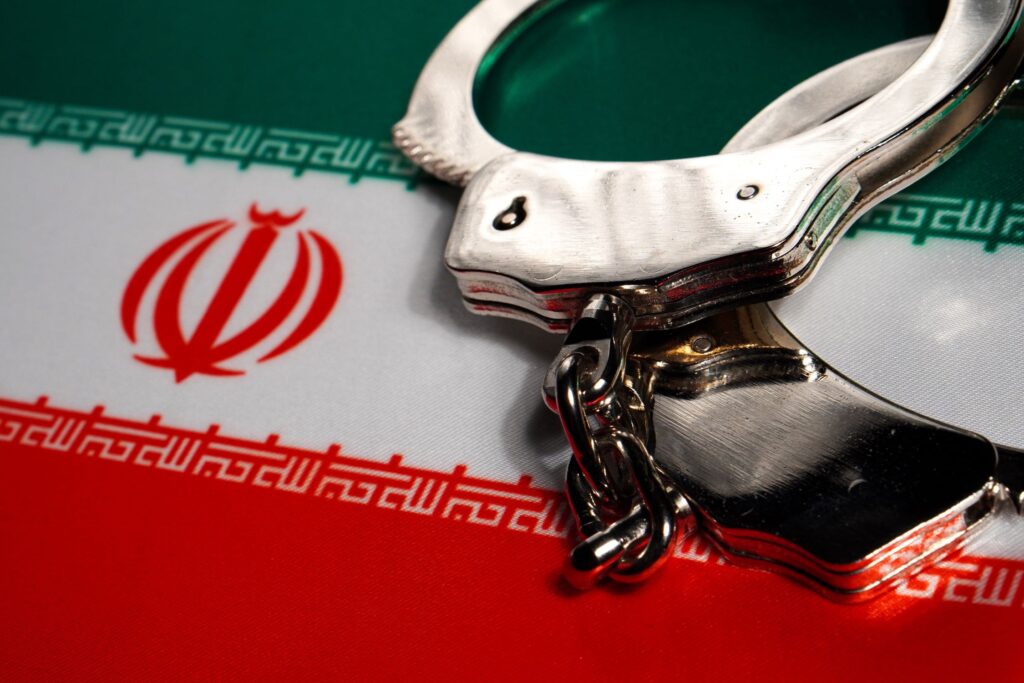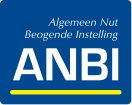Nienke van Renssen –
Today we saw the sun set over the Congo River, a great view of a wild brown river of which the other side was almost invisible. Maître Joseph proudly explained that this river runs all the way from eastern Congo and flows through about every province of this immense country. Amazing how far away the origin of the river is. This morning Frank has arrived from Lubumbashi. He is the deputy of the Katanga province, on the border with Zambia. Katanga is two thousand kilometres away and Frank has taken much trouble to get here in Kinshasa. It does not only cost him a lot of time, but also money. Apparently a domestic flight can be as much as twice the cost of a return ticket to Europe.
What I understood today is that the legal system in eastern Congo, or basically anywhere outside the major cities, is poorly organized. Often there is only one judge in an entire district, often without staff. There is a lack of knowledge and there is hardly any infrastructure. And if that one judge is not present, there is no possibility to refer a case to a judge at all. Let alone that there is a ‘fast track’ like is now being experimented with in the Netherlands.
To make lawyers in Congo more aware of opportunities that are available to assist their clients, we began this morning with a presentation on international human rights. Lizette Vosman explained the various international law instruments, including the International Covenant on Civil and Political Rights (ICCPR) and the Convention Against Torture. In addition, she discussed international criminal law. At the last Universal Periodic Review of the DRC before the Human Rights Council, the Government of the DRC was recommended to establish joint chambers, consisting of international and national experts for the prosecution of war crimes and crimes against humanity that have occurred in the country. From one of the participants I understood that the establishment of mixed rooms also necessary because the army allegedly committed many of the crimes. Members of the military are tried by the military court and the independence of this court is doubted strongly. The establishment of the joint chambers could provide a solution. Although the recommendation was adopted by the government, it is not expected that such rooms will be formed anytime soon.
Subsequently, Irma van den Berg introduced the Basic Principles on the Role of Lawyers of the United Nations, which exist 25 years this year. We had brought a French version for all Congolese participants. They were very interested in the Basic Principles, precisely because these offer clues to lay a claim to the independence of lawyers. For Lawyers for Lawyers, these Basic Principles are an important document. We have explained that although it is ‘soft law’, this is a very good tool to use, for example, for the lobby regarding the proposed amendment of the lawyers’ bill. Our Congolese colleagues are also planning to use the Basic Principles in the training of young lawyers.
To explain a bit more on the proposed law, two deans from the bar association were present today. They explained that the bill is pending (it concerns the Proposition de loi sur le cadre barreau of November 5, 2012), but it is unclear when this will be on the agenda of the National Assembly. We talked extensively about the persecution of lawyers because of the exercise of their profession and the role of the dean. Article 73 of the new bill is very important for the Bar Association in Kinshasa in this regard. It stipulates that lawyers can only be tried at the request of the Attorney General, after the dean has been informed. Moreover, they can only be tried by the Cour d’Appel. This is an important difference with the current situation, because at this moment, a lawyer who speaks displeasing can be judged by any subdistrict judge, like any other citizen. One of the deans, batonnier Maître Kayudi managed to argue the case well and said, among other things, that it is the lawyer who speaks the words that one does not want to hear and when lawyers are being silenced this touches the heart of our profession.
Fortunately, we are still not hindered to speak, as this blog shows, as well as the many tales told by our Congolese colleagues and colleague Guillaume (to us: Willem Blaauw), tonight at the restaurant during a meal of crocodile and antelope.
Nienke van Renssen is a lawyer at CMS Derks Star Busmann in Amsterdam and member of the L4L focus group Africa.
